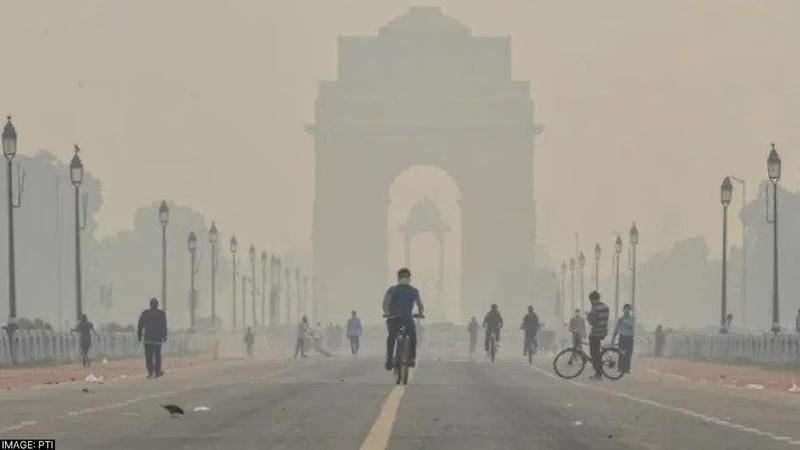Published 20:28 IST, November 8th 2024
Delhi's Air Quality Remains 'Very Poor': Precautionary Tips Pet Parents Must Follow
Here's your guide to ensure that your pet remain healthy during a period in which Delhi's air quality index AQI remains 'very poor'.

With the rapid dip in Delhi 's air quality index (AQI), and with it remaining in the 'very poor' category, pet parents in India's national capital stay wary regarding health concerns linked to their furry mate. Check these essential precautionary measures pet parents must adhere too.

Ensure your pets spend less time outdoors
First things first: Keep your pets indoors on those smoggy days. While you might be able to brave a little pollution for your daily walk, your pets? Not so much. Dogs, cats, and even small critters like rabbits have sensitive respiratory systems. If air quality is poor, it’s best to keep them inside. Their little lungs can’t handle it, and neither can their noses.

Make sure your indoors are spik and span
Don’t just lock them inside—make sure the air they’re breathing is fresh! Invest in an air purifier with a HEPA filter to reduce airborne pollutants. Bonus: It helps with pet dander, too! Keep your home well-ventilated and avoid any harmful cleaning chemicals that can further compromise indoor air quality.

Keep your pawsitive friends hydrated
Air pollution can dry out your pet’s skin and respiratory system. Keep them hydrated! Fresh water helps their body flush out toxins, and if you’re dealing with a pet prone to respiratory issues, a humidifier can help add some moisture to the air.

Skip walks during peak pollution hours
You know those super-smoggy mornings or evenings when you can’t even see the horizon? Yeah, those aren’t ideal for outdoor adventures. Take your dog for walks during times when air quality is better, like early mornings or after a good rain.

Regular health check-ups
Finally, regular vet check-ups are a must. Pets with pre-existing health conditions like asthma or heart problems are at even higher risk. Keep a close eye on any signs of respiratory distress—like coughing, wheezing, or excessive panting—and get them checked out pronto
Updated 20:28 IST, November 8th 2024



